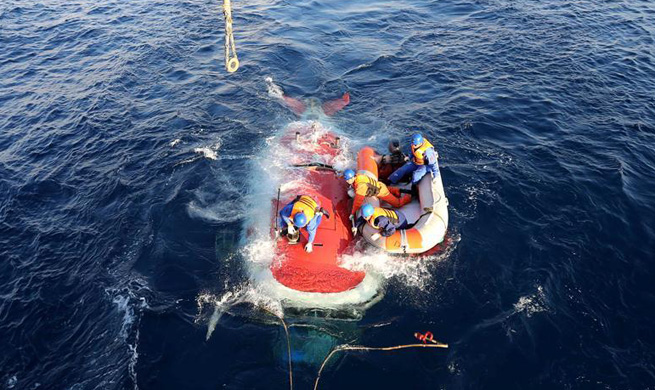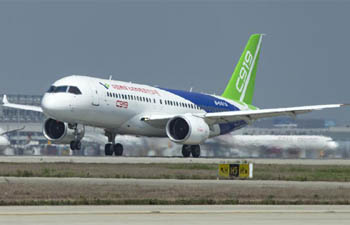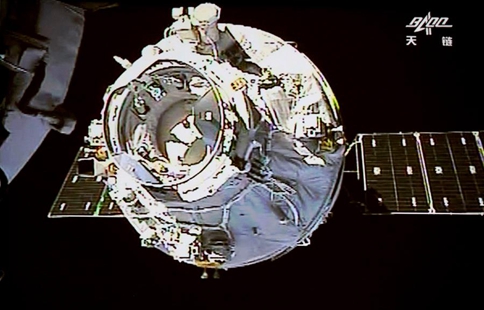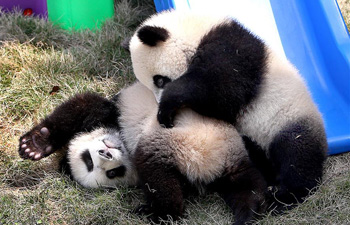THE HAGUE, April 26 (Xinhua) -- Great achievements have been made for the complete eradication of chemical weapons but more remains to be done, representatives and delegates said Wednesday at a ceremony.
The ceremony was held in The Hague to commemorate the 20th anniversary of the entry into force of the Chemical Weapons Convention (CWC) and the founding of the Organization for the Prohibition of Chemical Weapons (OPCW).
Recounting two decades of achievements, OPCW Director-General, Ambassador Ahmet Uzumcu, paid homage to the memory of victims of chemical weapons across the world in his opening statement.
"Many survivors continue to endure painful suffering despite the years that have elapsed since exposure. Some are present here today. They remind us of the human toll when morality is recklessly abandoned and universal norms callously breached," he said.
"The work of the OPCW represents the most effective response to such cruelty, a ray of hope illuminating a dark shadow on our history," he said.
The OPCW chief mentioned the ongoing work in Syria in particular. Two weeks ago, the OPCW announced that the alleged use of chemical weapons in the Khan Sheikhun area of southern Idlib in the Syria "was a credible allegation".
"In Syria, the OPCW has faced a great test of its commitment and resilience and has proven its adaptability to meet new and unexpected challenges," said the head of the United Nations (UN) watchdog on chemical weapons. "Our work in Syria is not yet finished. It is of great concern to see this use of chemical weapons."
In his video message, UN Secretary-General Antonio Guterres hailed the success that nearly all countries are committing themselves to the Chemical Weapons Convention and most of the world's declared stockpiles have been destroyed.
He then warned that many regions in the world are still under threats. "In the Middle East, militias are breaking the norms against chemical weapons. The recent attack in Syria horribly reminds us of the stakes. There can be no impunity for these crimes."
Dutch King Willem-Alexander together with OPCW Director-General unveiled a plaque acknowledging the Organization's anniversary.
The ceremony was attended by 450 Permanent Representatives and other delegates from OPCW member states, chemical weapon victims, leaders of international organizations, chemical industry and civil society and dignitaries from the Netherlands.
As the implementing body for the Chemical Weapons Convention, the OPCW oversees the global endeavor to permanently and verifiably eliminate chemical weapons. The Convention now has 192 States Parties covering 98 percent of the global population.
Nearly 95 per cent of chemical weapon stockpiles declared by possessor states have been eliminated under the watchful eye of the OPCW.
The organization said 6,327 inspections have taken place at 235 chemical weapon-related and 2,255 industrial sites on the territory of 86 States Parties since April 1997. 4,732 industrial facilities are liable to inspection.
For its efforts in eliminating chemical weapons, the OPCW received the Nobel Prize for Peace in 2013. Enditem

















